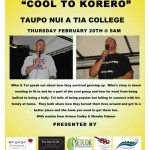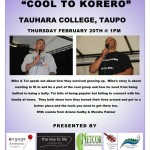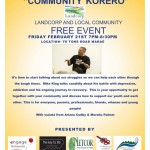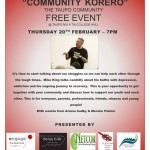The United Nations World Happiness Report 2013 was released in September last year. The report calls on global policy makers to prioritise happiness as a key measure and target of development.
In Chapter 3, Mental Illness and Unhappiness, authors Richard Layard, Dan Chisholm, Vikram Patel and Shekhar Saxena, write: “For policy makers, the key issue is what affects happiness. Some studies show mental health to be the single most important determinant of whether a person is happy or not. Yet, even in rich countries, less than a third of mentally ill people are in treatment. Good, cost-effective treatments exist for depression, anxiety disorders and psychosis, and the happiness of the world would be greatly increased if they were more widely available.”
The Report shows the major beneficial side-effects of happiness. Happy people live longer, are more productive, earn more, and are also better citizens. Well-being should be developed both for its own sake and for its side-effects.
Read the full report here: http://www.globalmentalhealth.org/sites/default/files/WorldHappinessReport2013_online.pdf
Thanks to the International Initiative for Mental Health Leadership for sharing this information.












